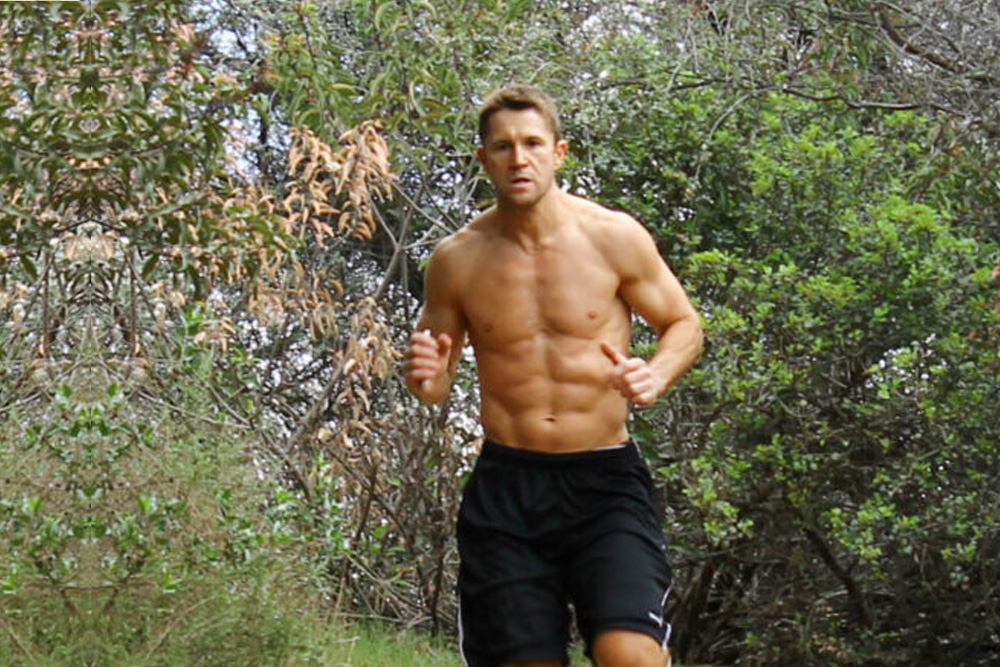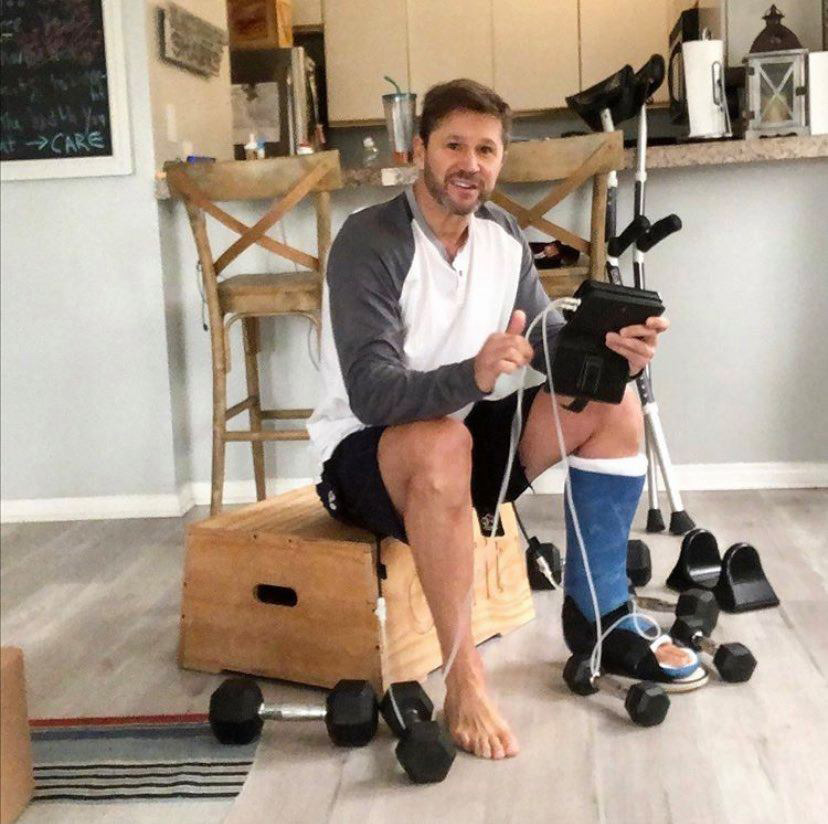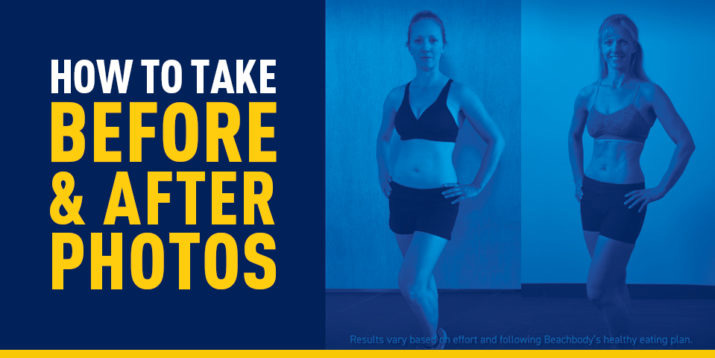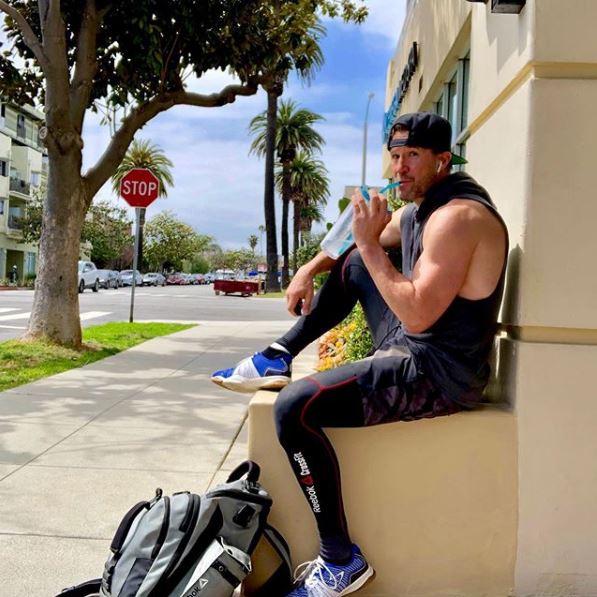Running seems like it’s easy. Start walking, pick up the pace to fast walk and then into a jog. Then you are running. Everyone should be able to do it, right?
One would think everyone can do it. Some people run, some want to, and some have no desire.
Having been a personal trainer and a runner myself, I tend to get several questions from the people that want to start. I thought I would answer the top questions I get.
I want to start running.Every time I start, I end up injured. What am I doing wrong?
A. This a common question, with a complicated simple answer: TOO. Too much, Too soon. Many of you who start either begin with too far, too fast, too much work or all of them. Running is not just something you do randomly if you are starting out. When training clients I make sure to explain there is long process to adapting to an increase in cardio and its impact that it will have on their current workouts. That process most often starts with a walk to run to avoid injuries while still having productive workouts.
What is the number one mistake you see runners make?
A. The number one running mistake I see runners making is impatience. They want to run but they start the new challenge of running as if they are sprinters. The human body will remind you quickly you are pushing your training and your ability. Don’t bite off more than you can chew too quick early or quickly. No need to burn out on a goal you have. Patience grasshopper, trust the program!
What is the best running shoe?
A. Top three most asked question for sure! There are many brands and shoes.The question should be: What is the best shoe FOR ME? Top level answer is getting to a running store and talk to a professional to see which is the best fit for you, the way you walk, and best overall feel. Running professionals will talk to you about the type of running you do, past issues, watch your running stride(how your foot strikes the ground), and recommend the best shoe for you.
I also recommend trying several pairs as different brands and shoes feel very different, find one that is recommended for you but also feels the best!
I have done just that and found Brooks to be the best running shoe for me. Check out their page. Brooks Running also has an in depth “shoe finder”that will give you an at home test to learn about you, and the shoes that would be good for you Check It Out Here
Pay close attention to your feet, and whether or not you need arch support. If you have high arches running without arch support is just asking for injury.
What should/can I eat before I run?
A. You can eat anything, what you “should” eat is different. Not everyone is the same, has the same goals, run pace or distance they are running.
Guidelines for me and I tend to give:
If it is just a few miles, from nothing to a small amount of water. More than a few miles: (5 miles) small light meal, Morning runs; I would eat a banana, a bowl of oatmeal, a half bagel with a little nut butter- all carb-based. Energy is key for longer runs. Be ok with experimenting, no 2 stomachs are the same. Afternoon, I would eat a light snack two to three hours before my run and then I would eat fruit, nuts or seeds before I ran. The last thing, you don’t want on a run on an upset stomach.
Is there a supplement that will help me run?
A. Those five supplements are: caffeine, creatine, nitrate/beetroot juice, beta-alanine and bicarbonate
Caffeine is a mild stimulant that can be absorbed into the system quickly for an extra push. Its great for endurance as well.
Creatine: helps boost endurance and with longer runs. It can be abrasive to the stomach, experiment, you don’t want to need a bathroom when running outdoors
Nitrates: Naturally; nitrates are found in leafy greens, beetroot and other vegetables. In low oxygen availability environments(running), nitrite can be converted into nitric oxide, which is known to play a number of important roles in vascular and metabolic control.
Beta-alanine: Helps delay fatigue
Bicarbonate Can help enhance endurance and speed, and Reduce the acidity produced in the muscles during running.
(consult your Dr before taking any supplement)
What stretches should I do before and after my run?
A. Both are different as they have different needs. Both should be runner specific Before running, add dynamic stretches into your warmup routine, exercises like high knees, butt kicks, world greatest stretch, low back, hip flexors, glutes and calf raises while incorporating ankle mobility. The ability of your ankles is a major contributor to how your knee and hip align and perform.
Also, have a strong glute activation warm-up. A little known key to running without injury is strong glutes(your butt). Remember you propel yourself from the backside, not the front. If your glutes are inactive; your quads take over. Quad dominant running is a recipe for injury. After your run, focus on the muscles and joints that are involved in your running stride: hamstrings, calves, quadriceps, hips, hip flexors and glutes.
Should I run before or after I workout?
- Run before – you will have less energy to lift
- Run after – you will less energy to run
- Decide what is more in line with your overall current goals.
What rule does strength and weight training play in running?
Strength training is an important tool to reducing injuries, and helping you run faster and more efficiently. Having a well rounding programmed fitness program will compliment your running goals.
A program that is rooted in hip stability, hamstring and quad strength, with a focus on glute activation and strength along with a core and low back emphasis with most effective.
How do I get faster?
A. Strength(power) training, HIIT(intervals) workouts and runs and run with a heartrate monitor.
Power training with increase exactly that your POWER, your explosiveness, and your ability to propel yourself forward.
HIIT – Interval training and runs will drastically increase your speed, incorporating these into your runs 1-2 times a week to get a full benefit. Use a workload to rest ratio of 1:2 ratio. Example 15 sec fast pace, 30 sec slow walk(rest).
Heart-rate monitor: Maintain a heart-rate of 135 bpm no matter how you slow or fast you go. As you improve your cardiovascular ability and overall fitness your heart with have to do less work. As it does less work your pace will have to increase to main 135 bpm.
How Fast Should I Run?
A. Beginner programs should focus on time not distance.When you’re first getting started how far you run in a certain amount of time isn’t important. Run at a speed where you are able carry on a conversation(135BPM). Anything faster than that you are running too fast.
If I am sick should I still run?
A. Here is the thing, I am not a big fan of working out when sick and here is why. When sick your endocrine system – the system that regulates hormones released directly into the circulatory system, regulating your organs is off and can t be pushed to be worse by you stressing it out. Fry that and it will take months to fix.
If your sickness is minor(I am not a Dr)and involves a sore throat, running nose, or sneezing, I would go run.
If your lungs are congested, intense coughing, or vomiting or have diarrhea, then skip your run.Any run where you feel any dizziness or nausea, STOP.
I keep getting side stitches when I run. What can I do to get rid of these painful cramps?
A. Side stitches(cramps in the side) are common especially to new runners. Stitches happen because running is new, you are not used it and your lungs are not getting enough oxygen. In beginning, not being ready for the demand of running runners tend to not get enough oxygen. This causes “stitches” The cramping happens in diaphragm, as you begin to feel this pain immediately alter your breathing pattern.Inhale quickly from your diaphragm and this will help you bring in a lot of air. You also might a want to check your warm up and try not eating before you run.
These are typically the most asked questions I get about running. I am no expert running coach, but I have consulted them and have coached and training people to run 5k, 10k, ½ marathons, marathons and triathlons.


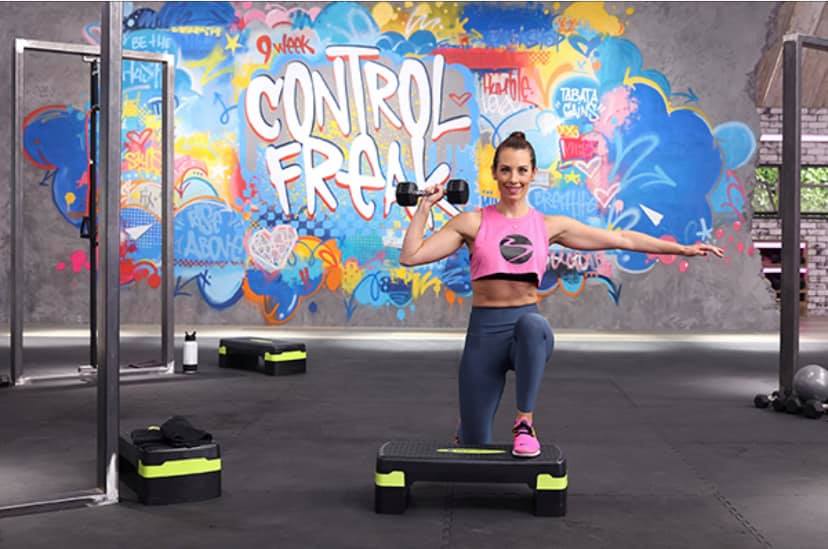

 Can you believe that this is Autumn’s 10th program on BOD?! Autumn Calabrese is the creator of breakthrough fitness programs like 21 Day Fix + 80 Day Obsession, as well as the portion-control weight-loss system Ultimate Portion Fix.
Can you believe that this is Autumn’s 10th program on BOD?! Autumn Calabrese is the creator of breakthrough fitness programs like 21 Day Fix + 80 Day Obsession, as well as the portion-control weight-loss system Ultimate Portion Fix.


